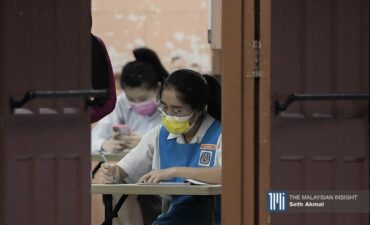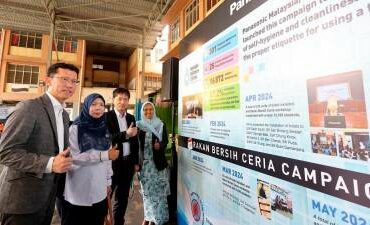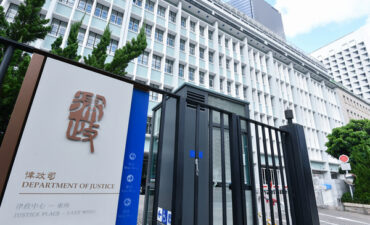KUALA LUMPUR: Bank Negara Malaysia assistant governor Fraziali Ismail has called for more holistic social protection measures to mitigate the impact of labour displacements and reduce the reliance on large-scale ad hoc interventions during crises.
“If we have more holistic social protection in the face of labour displacements, it will reduce the need for large-scale ad hoc measures in times of crisis. One challenge that faced us as we recovered (from the Covid-19 pandemic) was the difficulty in dialing back such measures.
“Though these were meant to be temporary to address immediate concerns, their direct short-term benefit made them immensely popular with many despite the long term perils that they posed.
“Striking the right balance between the short-term needs and long-term sustainability became a formidable task, reminding us that in policymaking foresight is just as crucial as adaptability,” he said at the World Bank report dissemination and panel discussion titled “Building Malaysia’s Resilience: Lessons from Covid-19’s Economic Impact and Policy Responses” today.
Fraziali highlighted the importance of foresight in policy decisions that was drawn from his own experiences battling three crises during his career.
“The constant need for structural reforms is no new revelation to any of us who work in long term policy making. In my own career, I have battle scars from three crises.
“One thing for sure is that all of these crises have taken various forms. Each time, their impact was blunted by measures that we took earlier to strengthen our fundamentals,” he said.
He pointed out clear gaps in the design and execution of some policies indicating the need to improve support for individuals and businesses to recover after major shocks.
“As we strove to respond rapidly, while still basing our responses on some policies and strategies, the crisis accelerated structural changes we were already in the process of making, along guardrails we had already built.
With the benefit of hindsight, we can see clear gaps in the design and execution of some of these policies. For instance, though major shocks will inevitably hurt some more than others, there is room to improve the way we help these people and businesses recover,” he said.
Fraziali said Malaysia has shown swift, steady and sustained economic recovery following the Covid-19 pandemic amid the challenges.
“In hindsight, we were lucky, very lucky. There was no knowing the exact form the crisis will take. Yet our economy was resilient to many of the challenges we faced.
“Our nation survived, batted, but far from broken. We no longer talk about economic recovery, but, the way forward to prepare for the next stage of development, the next crisis, for it will surely come,” he said.
In his speech, Fraziali noted that “much was said about Malaysia’s fiscal position”. However, he said, the steady consolidation over the years allowed the country sufficient room to manoeuvre for timely interventions. Additionally, the country’s sturdy financial sector stood ready to absorb shocks and provide credit.
“In short, our earlier policy decisions and structural reforms helped to lead us from a rocky period into the present. And now we must re-evaluate and refine them for a stronger future.”









